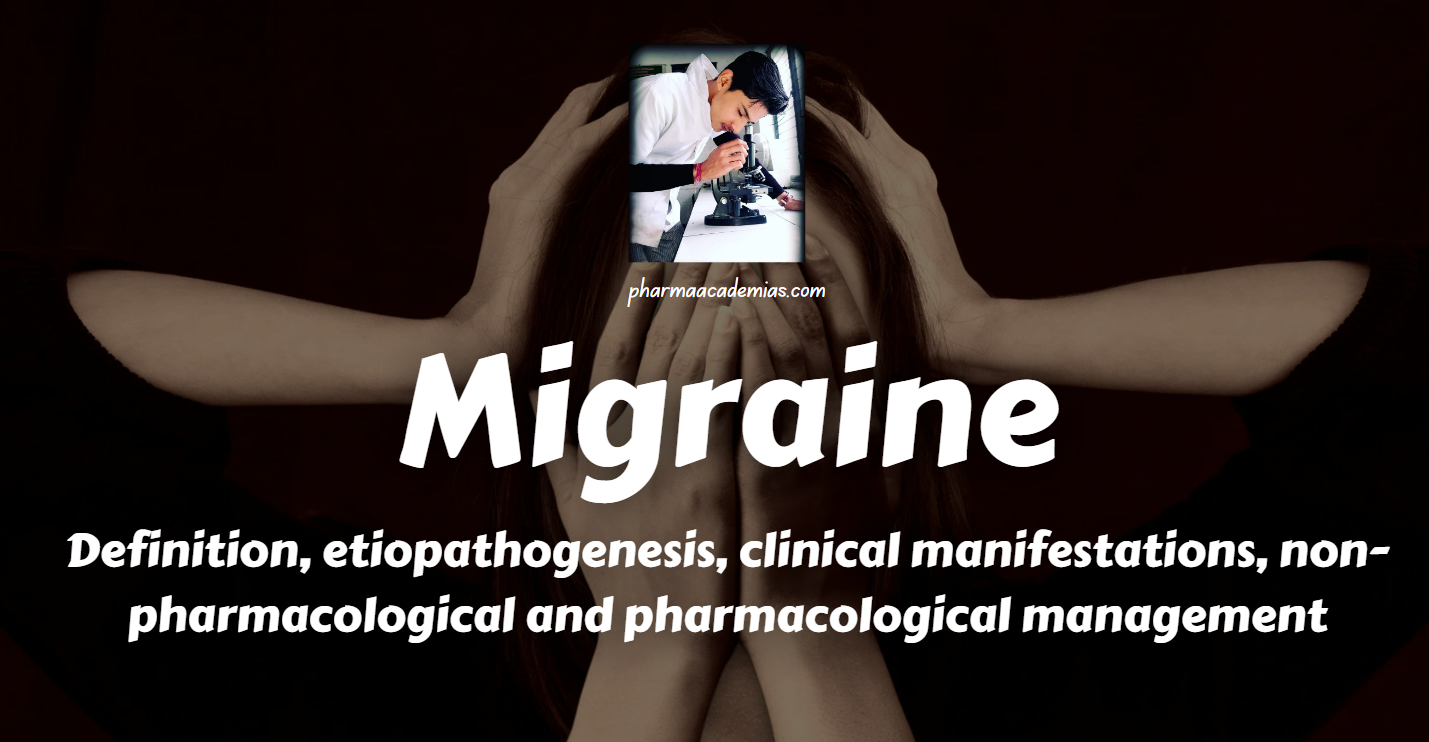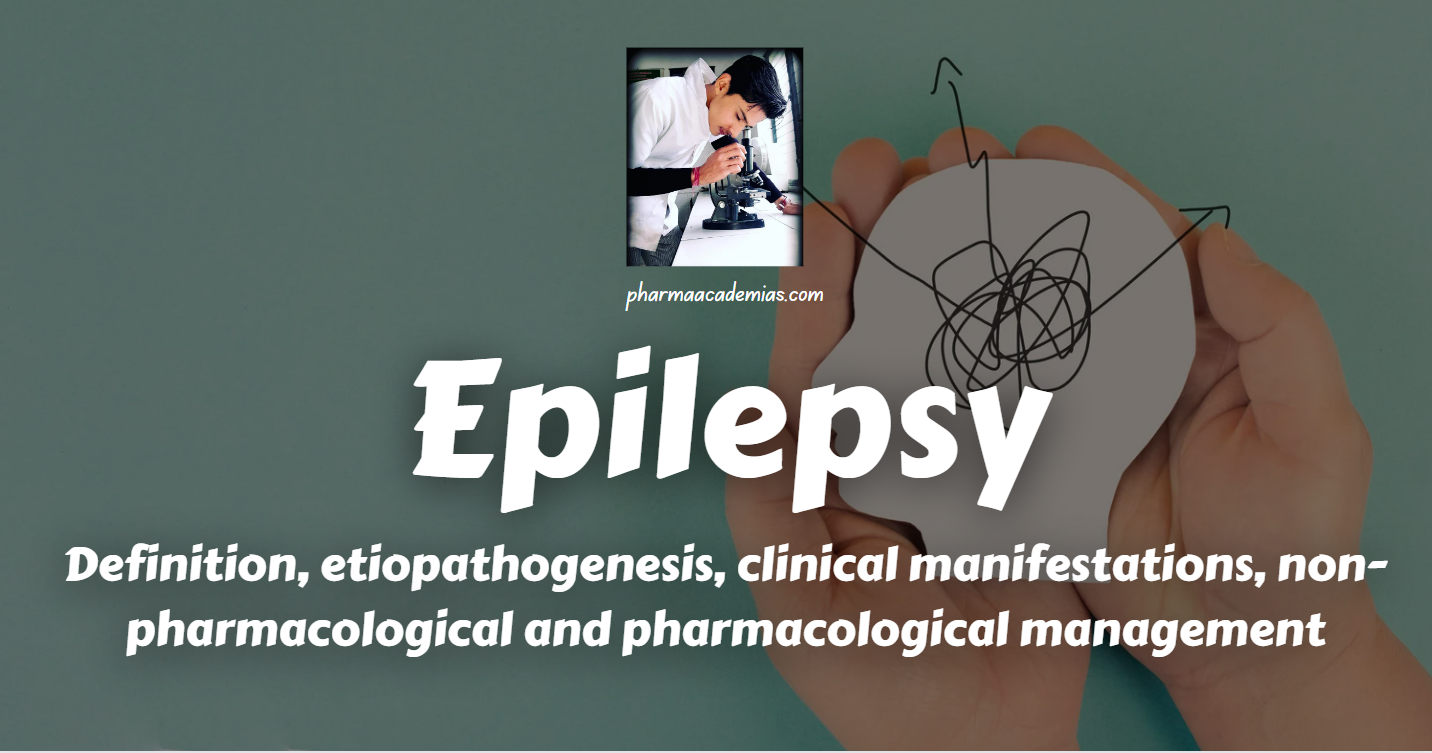Migraine: Definition, etiopathogenesis, clinical manifestations, non-pharmacological and pharmacological management
Migraine, a neurological disorder, features recurrent, moderate to severe headaches often accompanied by other symptoms such as nausea, vomiting, sensitivity to light, and sound. Migraines can significantly impact daily life and may last from a few hours to several days. Etiopathogenesis: Researchers believe that migraines result from a combination of genetic, environmental, and neurovascular factors, … Read more



